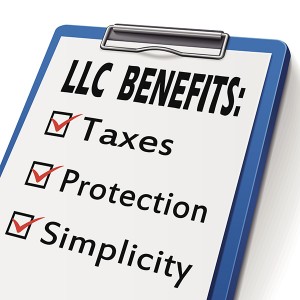
In order to prepare your 2012 tax return, you will need your W-2, Wage and Tax Statement, which your employer should send to you by mail by the end of January. If you have not received your W-2, follow these three steps:
1. Contact your employer first. Ask your employer to mail your W-2 and make sure your employer has your correct address.
2. Contact the IRS. After February 14, you may call the IRS at 800-829-1040 if you have not yet received your W-2. Be prepared to provide your name, address, social security number and phone number. You should also have the following information when you call:
- Your employer’s name, address and phone number;
- Your dates of employment; and
- An estimate of your wages and federal income tax withheld, based upon your final pay stub or any records you have available.
3. File your return on time. You should still file your tax return on or before April 15, 2013, even if you have not yet received your W-2. File Form 4852, Substitute for Form W-2, Wage and Tax Statement, in place of your W-2. Use the form to estimate your income and withholding taxes. However, the IRS may delay processing your return while it verifies your information.
If you need more time to file you can get a six-month extension of time by filing Form 4868, on or before April 15.
If you receive the missing W-2 after filing your tax return and the information on the W-2 is different from what you reported using Form 4852, then you must amend your tax return by filing Form 1040X.
If you have any questions or need help filing your taxes please call Gregory J. Spadea of Spadea & Associates, LLC in Folsom, Pennsylvania at 610-521-0604.










